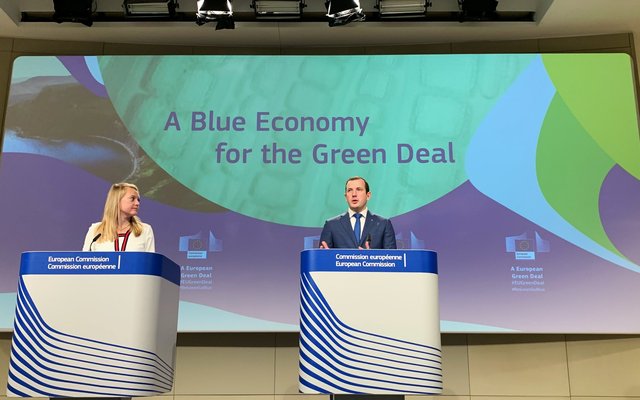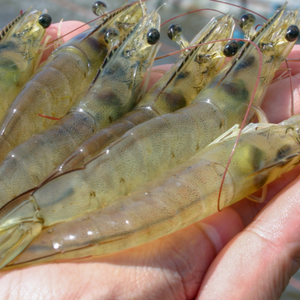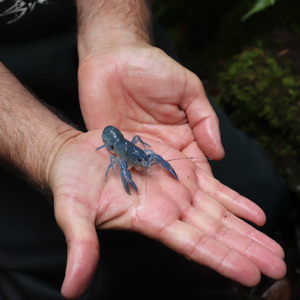The Commission adopted new strategic guidelines for more sustainable and competitive EU aquaculture. The guidelines offer a common vision for the commission, member states and stakeholders to develop the sector in a way that contributes directly to the European Green Deal and in particular the Farm to Fork Strategy. The guidelines are expected to help the EU aquaculture sector become more competitive and resilient, and improve its environmental and climate performance.
Virginijus Sinkevičius, commissioner for environment, oceans and fisheries said that “aquaculture has a growing role to play in the European food system. The sector can offer healthy food with a climate and environmental footprint generally below that of land-based farming. With the guidelines we adopted today, we want to position EU aquaculture production as the global reference for sustainability and quality, reduce our dependence on seafood imports and create more jobs, especially in coastal regions.”
The guidelines have been prepared in close consultation with EU member states and stakeholders, notably those represented in the Aquaculture Advisory Council. They set four inter-related objectives for the further development of aquaculture in the union: building resilience and competitiveness; participating in the green transition; ensuring social acceptance and consumer information; and increasing knowledge and innovation.
The proposed guidelines will also support the substantial increase in organic aquaculture at EU level. As noted in the recently published Organic Farming Action Plan, organic aquaculture production remains a relatively new sector but with a significant potential for growth.
Industry organizations welcome the guidelines
EATiP welcomed the new guidelines and said that “of particular importance to us is the clear commitment given to the objective of increasing knowledge and innovation, one of four cross-cutting objectives that cover 13 areas of work identified within the communication.”
The Federation of European and Aquaculture Producers also welcome the new strategic guidelines and said that “the European Commission, through DG MARE, has understood that besides the importance to continue refining the environmental sustainability of European aquaculture, there is an urgent need to improve the competitiveness of the EU fish farming companies, mainly comprised by small and micro-enterprises.”
“There are challenges, though, in the unfolding of the guidelines that will require working closely with the European Commission. For example, analyzing why the great expectations set for organic aquaculture in the Farm to Fork strategy will require a detailed analysis of the current underperformance of this certification scheme that could hinder any further expansion regardless of the political will,” FEAP said.
Download the guidelines here.
The European Commission also published A new approach for a sustainable blue economy in the EU-Transforming the EU's Blue Economy for a Sustainable Future, in which aquaculture also plays a relevant role.













